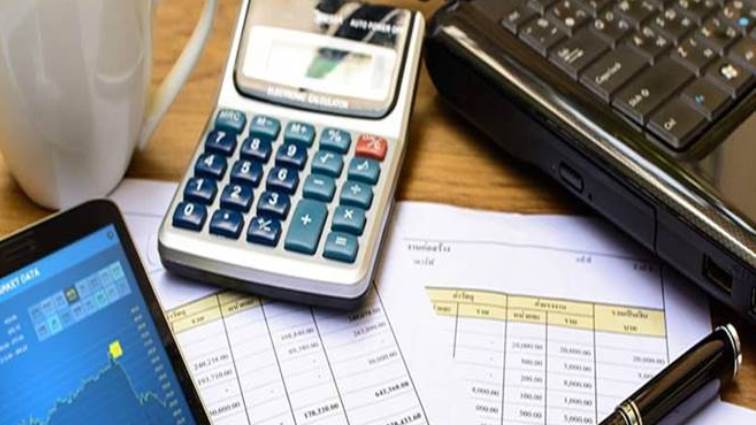Analysts say Finance Minister Enoch Godongwana will be faced with the challenging task of balancing competing national spending priorities when he tables his inaugural Budget Policy Statement in Parliament.
The budget comes as the country’s economy continues to buckle under the pressure of record-high unemployment, the overall economic impact of COVID-19, muted investments, and the lasting effects of last year’s July unrest. While the government’s reforms agenda is slowly gaining momentum, there are growing calls for faster reform implementation, review of spending on underperforming state-owned enterprises, and the reduction of government debt.
According to analysts, cutting spending should remain Finance Minister Enoch Godongwana’s top priority as the country continues its post-COVID-19 recovery.
Chief Economist at Investec, Annabel Bishop says economic growth is expected at around 1.8% for the current financial year. Bishop says an anticipated over-collection in tax revenue should help avoid further expansion of the budget deficit.
“The current fiscal year, so that is your 2021/22 fiscal year, we’re looking at a deficit of about 6.5% and of course, that’s below the 7.8%. We expect that there’ll be quite a substantial revenue overrun, this could be well over the R25bn mark if not more, and of course, as a consequence of that, we are also not expecting to see significant tax increases announced at this budget either because of the revenue overrun. Following year, 2022/23 fiscal projection, we have that at 5.9%, quite close to the MTBPS 6%.”
Chief Economist at Standard Bank, Goolam Ballim says the local economy is expected to grow by two percent in the current financial year. He says next year’s growth will be supported by fixed investment and household spending.
“Headline business and consumer confidence or what I colloquially refer to as structural sentiment remains weak. Last year’s July unrest adding further to long-standing concerns about political instability. There are also unrelenting electricity shortages which have been a blotch on sentiment. Fixed investment will moderate reasonably this year and more sprightly, overall growth will settle potentially near 2%.”
South Africa’s Debt-to-GDP currently sits at 69.9%r just over four-trillion rand, while debt servicing costs are hovering around three-hundred-billion rand. Director of Governance and Public Services at Deloitte, Gaba Tabane says the minister will have to address the country’s ballooning debt which is crowding out social spending.
“Now the minister goes to market and raises R11bn with the World bank, but of course, there’s a big boo-ha-ha in terms of why would you do that if you’re trying to address and arrest rising debt in the government fiscus. Now he knows that it’s part of the R6,5tn that they said they were going to raise in the market. However, the cost that goes with servicing this debt is quite enormous and eats into the budget that is supposed to deal with service delivery.”
Finance Minister Enoch Godongwana is expected to table his inaugural budget policy statement in Parliament on Wednesday, the 23rd of February at 2pm.
Social spending
The nation will also be looking to see what direction the government takes regarding social spending.
Social spending will be highlighted during Budget 2022:
The number of people receiving social grants has increased in the past three years, with the introduction of the R350 Social Relief of Distress grant.
Some economic experts have raised concerns over the sustainability of grants and the burden on an overstretched fiscus.
But, these grants have offered reprieve for millions of South Africans who are struggling to make ends meet.


